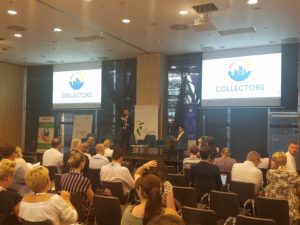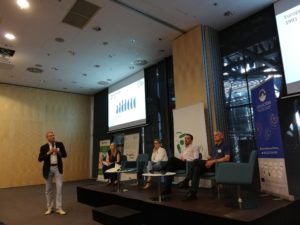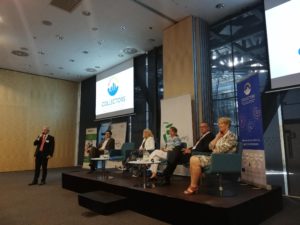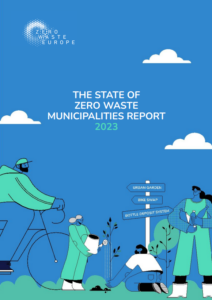The Collectors’s project: how European waste collection systems can benefit from the multitude of practices available in Europe
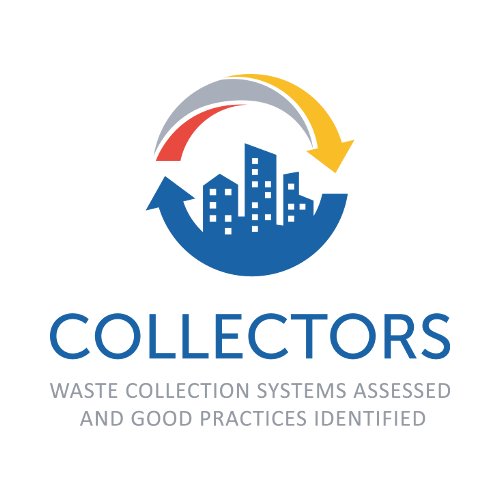
The EU’s H2020 Collectors project is already halfway through, after organising an international conference in Warsaw last June and releasing its database web platform for 242 waste collection systems. Pierre Condamine, Waste Policy Officer at Zero Waste Europe describes the work he has been leading on as part of the project, bringing together the good examples of separate collection from across the European Union.
Each year, 2.5 billion tonnes of waste is generated in the European Union. Equivalent to five tonnes per person.
The waste we generate contains large volumes of valuable materials for Europe’s industry, such as paper, wood, industrial minerals, and metals. This is despite the fact that some of these valuable materials can already be recycled close to 100%, with no losses in quantity and quality, such as glass and steel. Therefore, it is crucial that separate collection of waste is done properly in order to necessary to ensure the optimal material value recovery.
The current trend of increasing collection rates, encouraged by EU legislation, is promising but it does not match the urgency required to address the problems we face. Not only does progress need accelerating, it is currently occuring unevenly between different EU Members States.
We believe that showcasing the good examples of waste collection practices across Europe has the potential to serve as catalysts for action from other regions and municipalities.
With several partners throughout Europe, we are playing a key role in helping identify and highlight existing good practices of waste collection and sorting within the EU through the EU H2020 COLLECTORS project. The project specifically focuses on three waste streams: paper and packaging, waste electrical and electronic equipment (WEEE), and construction and demolition waste (CDW). Our aim is not only to harmonize and disseminate available information on those good waste collection systems, but we are using this information to both gain a better insight into the overall performance of systems and to support decision-makers in shifting to better-performing systems, through building the capacity of decision makers on this topic and by establishing clear guidelines on how to implement strong, effective waste collection systems.
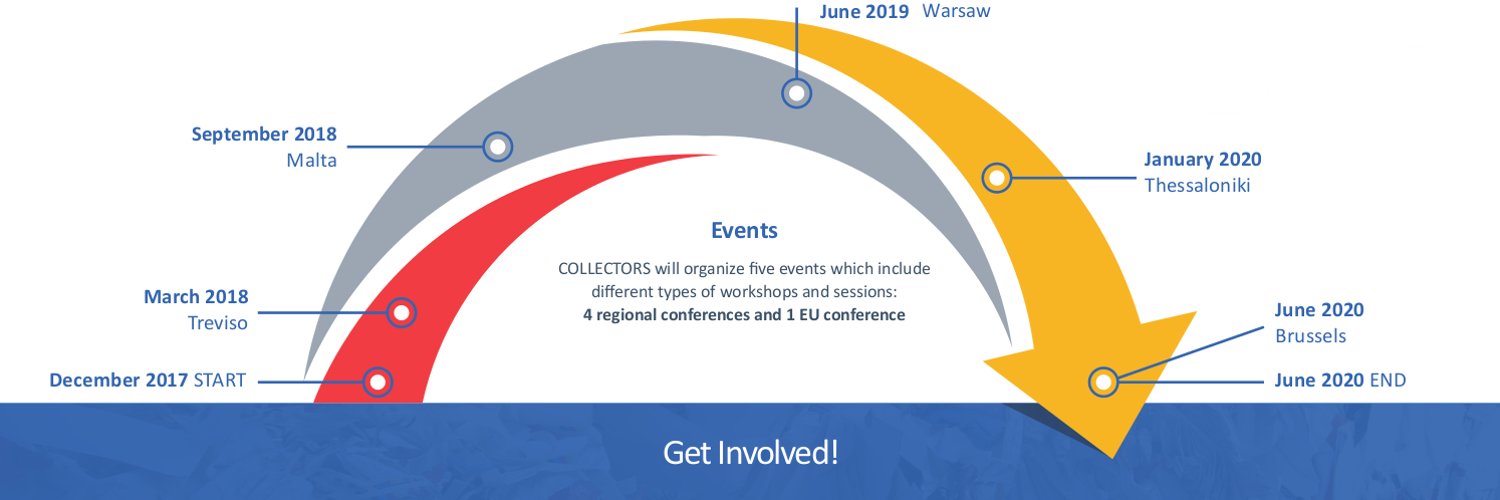
As the first step of the project is done, the COLLECTORS web platform was launched. The platform is an online database documenting the organisation and performances of more than 240 European waste collection systems.
For us, the next stage of the project will be focused on analysing the data we have collected from cities & municipalities across Europe and using this to design clear and concise policy recommendations for decision makers on how implementing separate collection waste systems. In 2020, we will present these to officials at the EU and other institutions with a high-level event in Brussels.
We believe that communities and cities across Europe should be adopting Zero Waste strategies, based on citizen-centered models, that lead to a substantial decrease in waste generation and an increase in separate collection and recycling. Through the COLLECTORS project, we are raising the profile of leading municipalities who are implementing high-performing separate collection systems. Through an increased profile and recognition on these successful waste collection strategies, we believe this will help stimulate further action from municipalities that will accelerate the transition towards Zero Waste at the city level.
